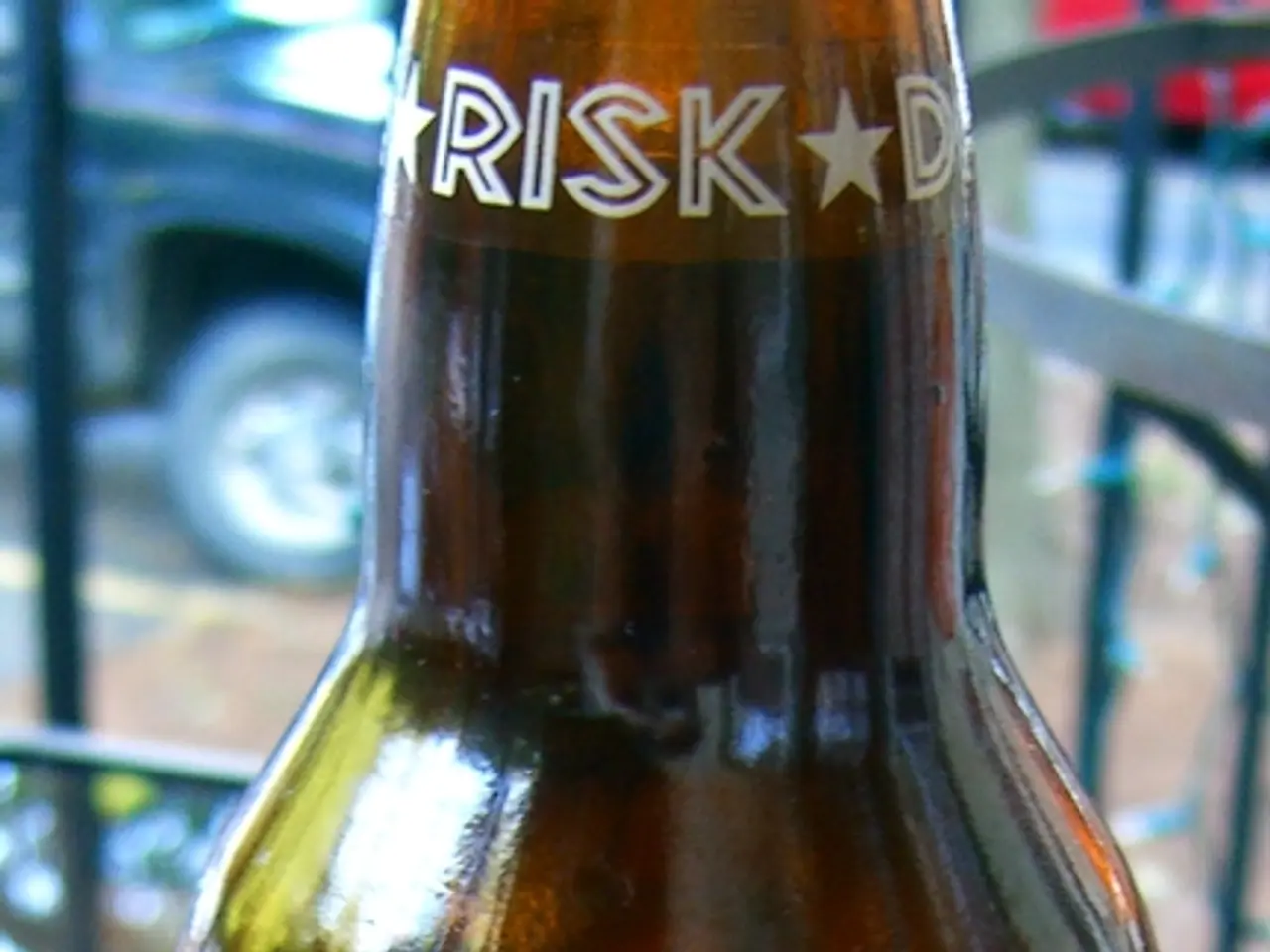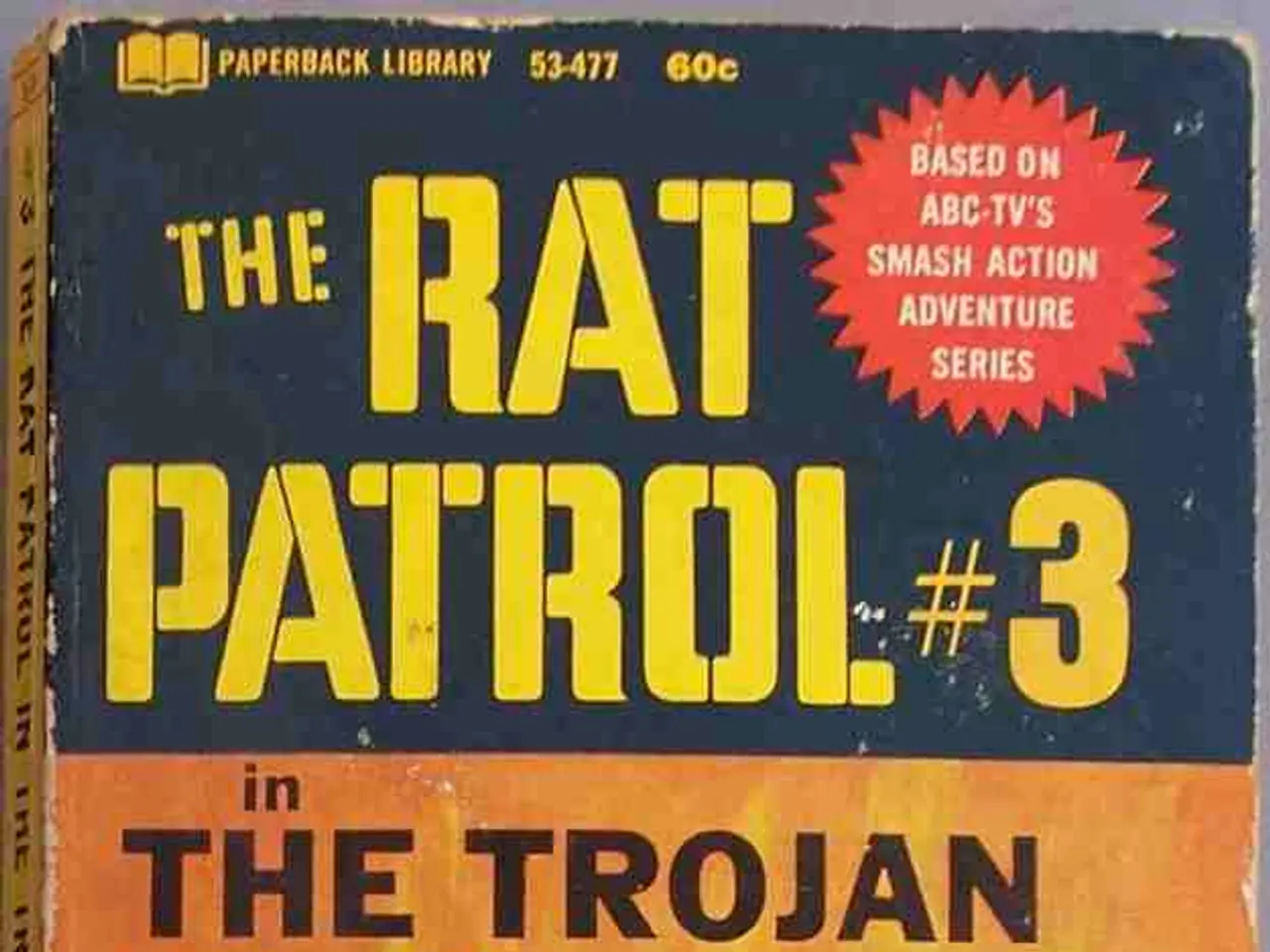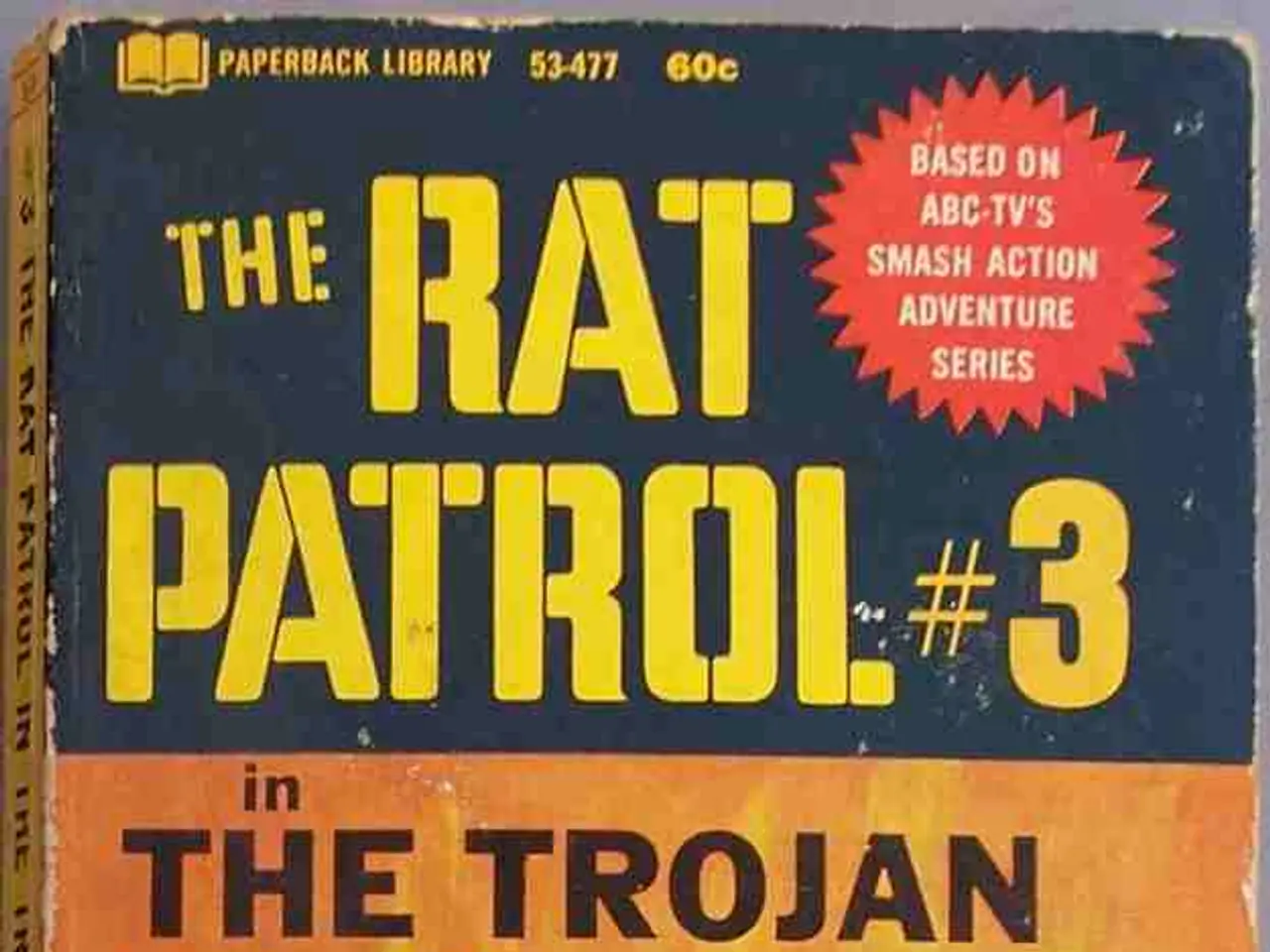Netherlands initiates exploration ventures on gambling dependency, funded by the gambling sector
The Netherlands Organisation for Health Research and Development (ZonMw) has been chosen to implement a new research program aimed at addressing gambling addiction and promoting prevention measures. This announcement marks a significant step in shaping the nation's gambling regulations, with research into the evaluation and innovation of cognitive behavioural therapy for gambling problems at the forefront.
ZonMw, an independent institution that carries out research on behalf of the Dutch government, is no stranger to health research and innovation. Its primary focus is on promoting and improving health in the Netherlands. The organisation funds, supports, and coordinates health research and the development of innovations in healthcare, spanning from basic science to translational and applied research.
One of the key areas of focus for ZonMw is efficiency research, which involves comparing the effectiveness and costs of non-pharmaceutical diagnostic and therapeutic interventions, particularly those covered by basic insurance or long-term care. In this context, ZonMw funds projects evaluating the cost-effectiveness of treatments in various fields, such as e-health, orthopedics, gynecology, pulmonology, and cardiology.
The new research program, which is initially planned to run until 2029, also encompasses orders for primary care and cause research on other addiction problems, in addition to gambling. This broad scope underscores ZonMw's commitment to tackling various health issues and promoting high-quality, socially relevant knowledge about healthcare interventions, including non-pharmacological approaches.
Meanwhile, in Germany, the Institute for Therapy Research (IFT) in Munich and the University of Bremen are actively engaged in research related to gambling addiction. The IFT focuses on topics such as alcohol, drugs, tobacco, medication, and gambling, while the University of Bremen's research is particularly focused on problematic gambling behaviour.
Researchers at the University of Amsterdam will examine gambling advertising on TV, aiming to understand which types of advertising vulnerable players are particularly susceptible to. Similarly, researchers at the University of Hohenheim are investigating the early detection of gambling problems and the effects of gambling advertising on TV and social media.
In November, Burkhard Blienert, the Federal Drug Commissioner, published the Gambling Atlas 2023, highlighting a problematic gambling disorder affecting 2.3% of the German population. This research underscores the urgency of addressing gambling addiction and the need for comprehensive, evidence-based policies and interventions.
The Netherlands' gambling addiction prevention fund (VPF), funded by taxes on the gambling industry, has recently announced the first six research projects it will fund. These projects are expected to contribute significantly to the understanding of gambling addiction and the development of effective prevention and treatment strategies.
As the new research program unfolds, it is clear that ZonMw's role in shaping health research and innovation policy in the Netherlands will be instrumental in addressing gambling addiction and promoting prevention measures. The organisation's focus on efficiency research, promoting high-quality and socially relevant knowledge, and funding curiosity-driven, innovative, and interdisciplinary health research will undoubtedly lead to valuable insights and advancements in the field.
In light of the Netherlands' new research program focusing on gambling addiction, ZonMw's policies and legislation surrounding online casinos in Germany could serve as a valuable reference point, given their commitment to promoting high-quality, socially relevant knowledge. General news outlets might also report on ongoing debates about the politics of gambling regulation in Germany, as its Institute for Therapy Research and universities contribute to research on gambling addiction and its implications.





